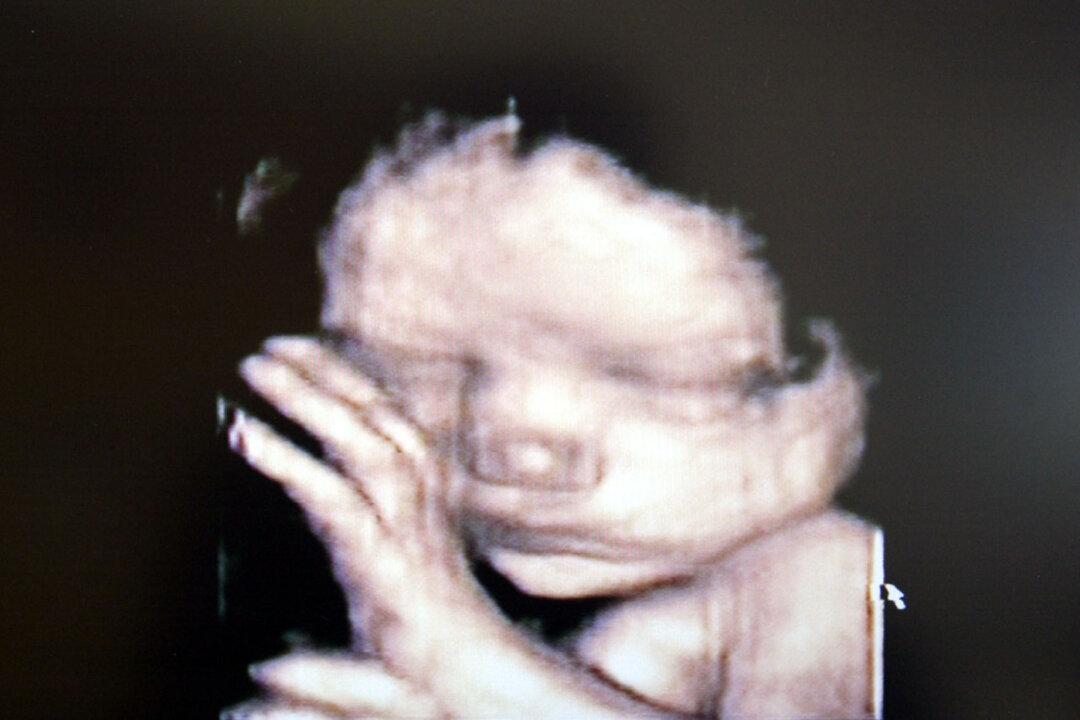In a major pro-life move, Montana has enacted a ban on abortion procedures mainly performed for abortions in the second trimester of pregnancy, effectively blocking most abortions after 15 weeks.
Montana Gov. Greg Gianforte’s office said the legislation, House Bill 721, will restrict “dismemberment abortion”—also referred to as dilation and evacuation abortion—“except for during a medical emergency in which the child would not survive outside of the womb.”




